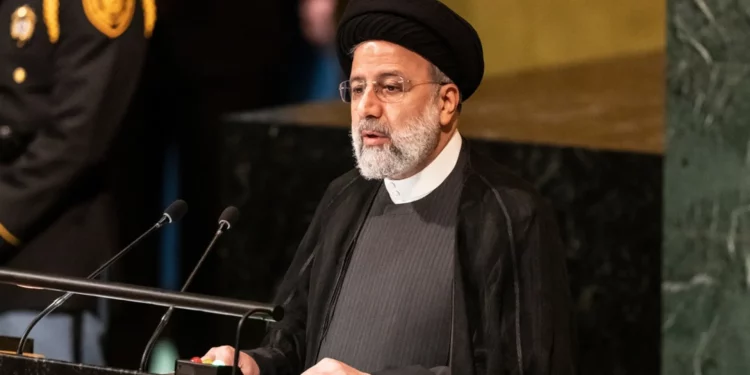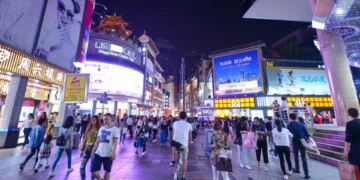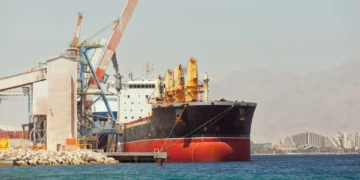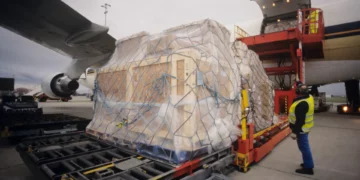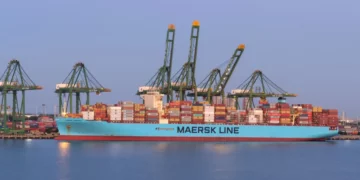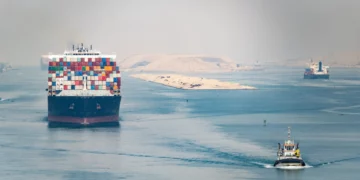Ebrahim Raisi, President of Iran, went on a trip to three African nations, Kenya, Uganda and Zimbabwe.
Ebrahim Raisi, President of Iran, went on a trip to three African nations, Kenya, Uganda and Zimbabwe, last month. He primarily had three agendas for his visit. Firstly, to sidestep US sanctions in times of a deadlock in the nuclear talks with the White House. Second, he wants to spread the influence of Iranian ideologies in the African continent to collect political support for Iran in International organisations. Thirdly, the orthodox bloc of the Iranian government is strengthening its relationships with non-aligned countries.
The African continent has been lately neglected by the Islamic nation. Even in the tenure of the previous President, Hassan Routhani, the African continent was no were to be seen on the priority list for Iran’s foreign policies. This was the first visit by an Iranian President in over a decade. This represents the need to diversify ties under the umbrella of US sanctions economically.
Raisi first landed in Kenya and was wholeheartedly welcomed by the Kenyan President, William Ruto, to kickstart a fresh beginning of bilateral relations. He was welcomed by an honour guard at the Kenyan presidential palace. Kenya is considered the economic powerhouse in the East African region. A new set of bilateral relations will provide mutual economic benefit to both nations.
Ideological influence
Africa is important for Iran’s ideological, economic and safety. Since the 1979 Iranian political revolution, the relationships with countries from the Global South need to be understood in the context of exporting the Iranian politico-religious model and not just the structure of the prevailing Khomeinist ideologies of anti-imperialism.
Such ideological ambitions can be fulfilled only by having a foothold in the decision-making of domestic policies of African nations. Establishing missionary activities would be the primary motive, but building networks of non-state actors, like religious heads, cultural societies, front companies and drug networks.
Economic needs
A surprising discovery during Raisi’s visit was the search for buyers for Iranian military equipment, like basic weaponry systems and high-tech drones. This aims at building trust and gaining power in Africa to counter the neighbouring threats and global enemies.
Iranian foreign policies are aggressively pushing for wider collaboration of both parties in multiple sectors. They have higher goals that can only be met with enhanced diplomatic ties. But, problems are an inevitable part of bilateral cooperation. Certain roadblocks emerge during the economic cooperation projects due to the ideological differences and security issues in the African continent.
For instance, in 2021, Iran and Zimbabwe conducted a bilateral trade of less than $5 million. The recent visit witnessed the signing of 12 memorandums of understanding (MoU) but without proper transparency regarding Iranian future investments. Emmerson Mnangagwa, Zimbabwean President, welcomed Raisi as his brother when he landed at the Robert Mugabe International Airport. Such warm greetings aside, there was an absence of economic coherence in the visit, and this sparked debates in Iran on the topic of the lack of economic compatibility between both nations.
The Foreign Affairs Ministry of Iran has announced that it expects an increased trade amount of up to $2 billion by the end of this year with the African nations. The previous estimates for 2021 and 2022 have been $500 million and $1 billion, respectively.
Iran’s official ambition is to conduct trade of over $5 billion which seems nearly impossible and minuscule in front of the United Arab Emirates’ $50 billion trade and Turkey’s $35 billion. The African continent has a $600 billion global trade figure, which makes Iran’s ambitions less than one per cent of the total trade.
Saudi Arabia’s investment
The Saudi Kingdom is in its own race to transform itself into a global investment powerhouse, as per the policy of its Vision 2030 framework. They have recently increased their financial footprints in the African continent.
In November last year, Mamady Doumbouya, the Guinean President, met Sultan Abdulrahman Al-Marshad, the CEO of the Saudi Fund for Development. The meeting concluded with the signing of an MoU, under which the Saudi Fund will provide $8 million for the construction of 140 wells in the country.
In October last year, Saudi Arabia signed multiple large-scale deals with South Africa to improve the country’s budding hydrogen industry and other sources of clean energy. The total investment amount of all the deals was over $15 billion from the Saudis. The fund had also agreed to lay out $5 million for setting up solar-powered street lights in the Central African Republic.
These Gulf investments display that Iran will have a tough time achieving its ambitions. Africa has always been a stage of strategic power play amongst global powers for centuries due to its rich resources. But the current times have slightly changed owing to the increased competition to exploit resources from local rising powers, especially Saudi Arabia.


